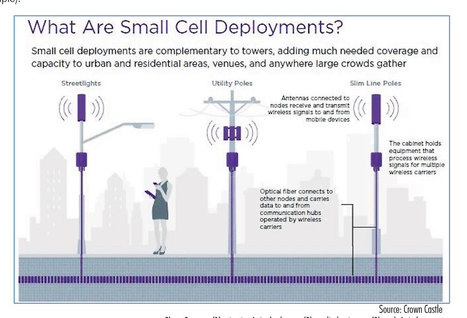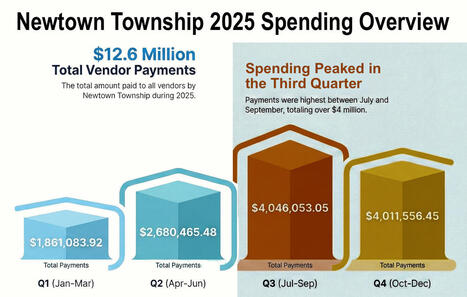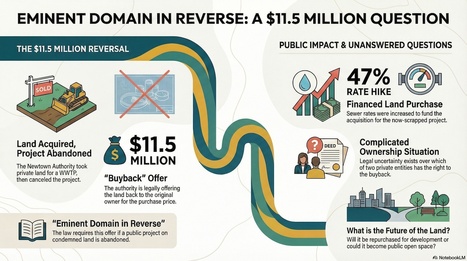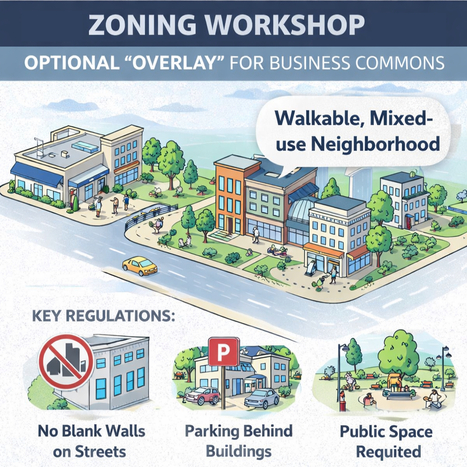When Verizon Communications Inc. proposed dozens of small wireless cells [Distributed Antennae Systems or DAS] along streets in Doylestown Borough, the reaction was a defiant no.
Residents thought the boxy equipment that sprouted five-foot antennas on traffic lights or telephone poles would mar the borough's Norman Rockwell charm, along with the artsy aura of its Victorian homes.
Pa.’s 5G wireless bill stirs up fears that it will cater to telecom and gut towns’ zoning. Others feared for their health with intensive 5G wireless services zapping them.
Doylestown officials spent $150,000, held 10 public hearings and fought the small cell proposal in state and federal courts over more than a year, defending their right to say where the small cells would go — a David-vs.-Goliath tale of a small Pennsylvania town taking on a big corporation.
"We didn't feel they had the right to come and do what they want," council president Jack O'Brien said Monday.
When Doylestown finally settled the case last month, the town won the right to reduce the number of poles and camouflage and relocate some of them. It also surprisingly won a share in the revenues from each cell.
But the borough's victory may be hard for other towns to replicate, as telecom companies are canvassing Pennsylvania towns to locate thousands of new wireless cells for the new 5G high-speed mobile networks.
State lawmakers are considering [Bill 1620] that would largely strip municipalities of zoning oversight when telecom companies seek permits for small cells on utility poles and traffic lights. If enacted, the measure also sets small fees — from $25 to $100 — for small cell permitting.






 Your new post is loading...
Your new post is loading...















According to the Bucks County Association of Township Officials:
House Bill 1620 gives wireless providers the right, as a permitted use, not subject to zoning review or approval, to collocate wireless facilities and to construct, modify, maintain and operate utility poles, wireless support structures, conduits, cables and related appurtenances and facilities: in any public right of way in any zoning district and along, across, upon and under the ROW. It also permits such facilities outside the right of way on property not zoned exclusively for single-family residential use. This Bill included the following representatives from our area: Dick Miccarelli, Frank Farry, Gene DiGirolamo and Thomas Murt.
The outcome of the Commonwealth Court Crown Castle case, the Doylestown Borough Zoning Hearing Board appeal and action on HB 1620 will have a substantial impact, beyond current federal and state law, on a municipality’s ability to regulate these mini-cell towers in the future. Municipalities wishing to develop a strategy for addressing the telecommunications industry’s push to limit local involvement in DAS decisions should consult their Solicitors.